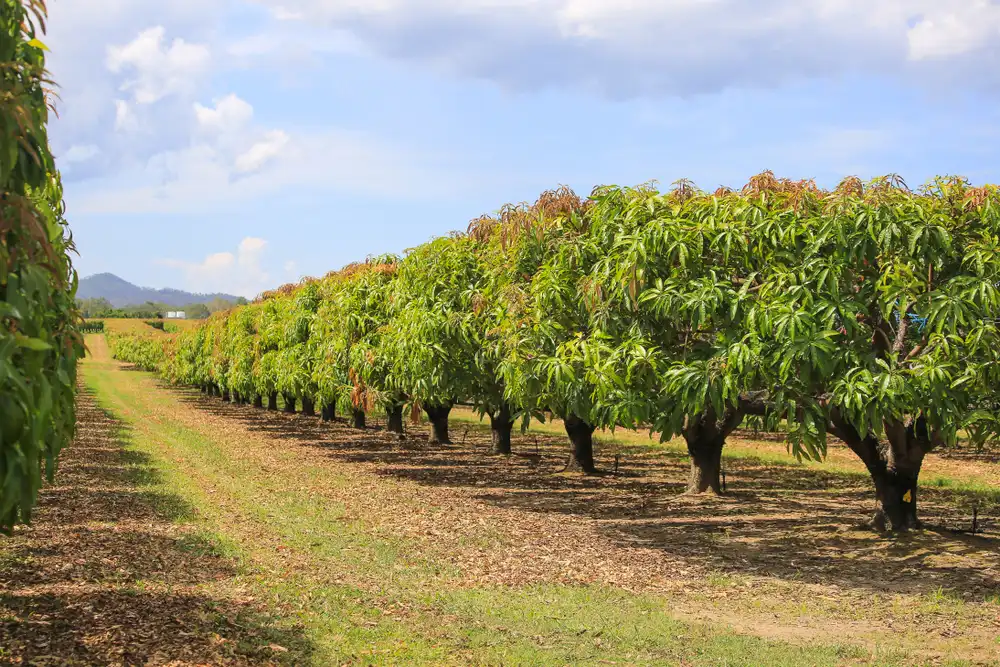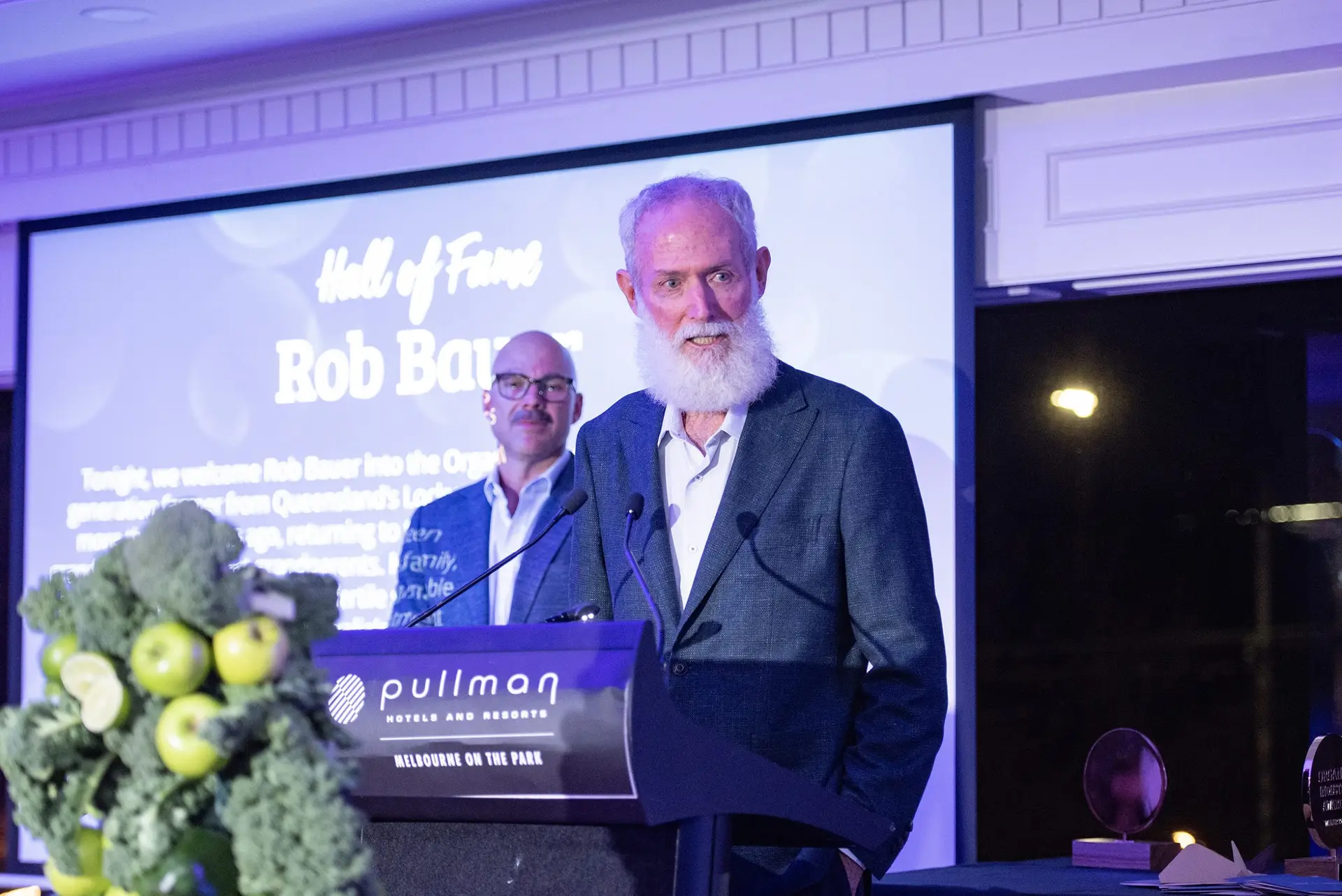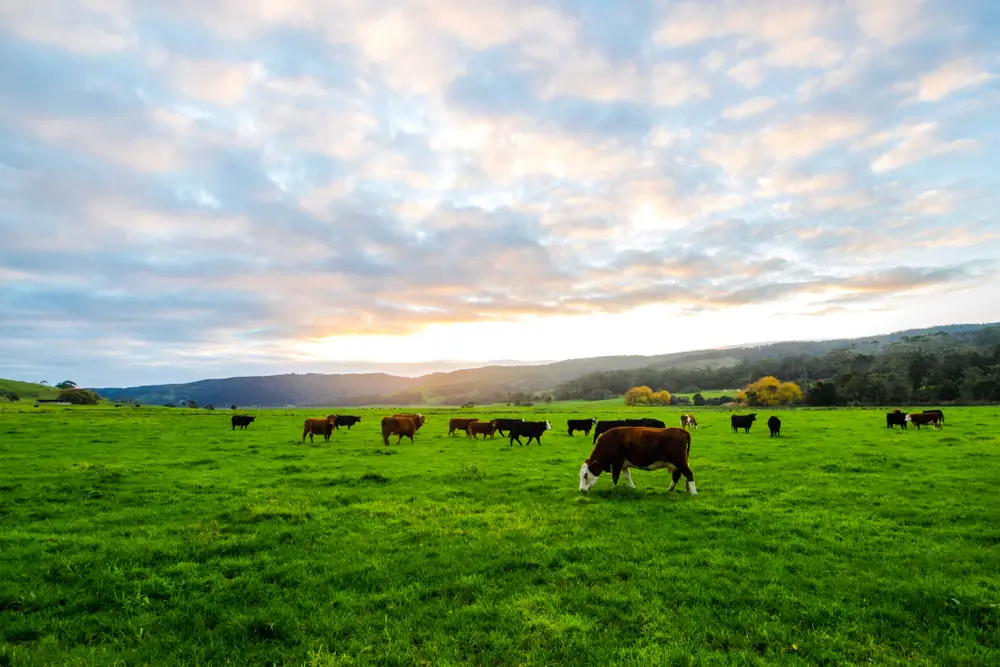The peak industry body for Australia’s certified organic industry has sounded the alarm over a proposal to drop labelling requirements for gene-edited products saying it will reduce transparency for consumers and increase the risk of unwitting contamination in the strictly non-GMO organic sector.
In a submission to Food Standards Australia and New Zealand (FSANZ) for the second round of public consultation on Proposal P1055, which involves potential changes to definitions for gene technology and new breeding techniques (NBTs), Australian Organic Limited (AOL) has highlighted the lack of transparency for consumers, gaps in the cost-benefit analysis, and risks to Australia’s certified organic export markets.
Under the proposed changes any modifications to genetic makeup that originates from the same species will not be considered genetically modified under the Australia New Zealand Food Standards Code.
AOL Chief Executive Officer, Jackie Brian, said while they recognise Australian agriculture is operating in a rapidly evolving landscape requiring change and innovation to meet global food demand, the consequences of these changes needed to be carefully considered in the context of each industry.
“Protecting the nation’s certified organic sector, and the consumer trust it has rightly earned, requires consistent standards, transparent labelling, and stringent oversight for all gene technologies,” Ms Brian said.
“Currently, food derived from genetically modified organisms must be clearly labelled, however if Proposal P1055 is approved, consumers will no longer be able to discern the origins of their food products, as the lack of mandatory labelling will obscure the use of gene technology, including NBTs.”
Ms Brian said given Australia’s certified organic industry relies on meeting stringent standards to demonstrate products do not contain genetically modified organisms (GMOs), AOL was also disappointed the sector was not considered in the cost-benefit analysis, despite FSANZ explicitly seeking input on major impacts to the food industry through previous consultation.
“Excluding the organic sector from the cost-benefit analysis raises questions about the assessment’s comprehensiveness and accuracy, given the severity of the financial implications for organic farmers if their crops are unknowingly contaminated with unregulated genetically modified material,” she said.
“In Australia, if certified organic farms have been contaminated with GMOs, they require a minimum of five years to regain organic certification. During this period, farmers are unable to market their products as organic, which can result in the loss of organic premiums and potential market position.
“AOL put forward a submission during the original consultation in 2021, however there has been no further engagement with our sector, despite being a critical stakeholder in discussions surrounding gene technology.”
Proposed amendments to Gene Technology Act 2000
AOL is also concerned about the draft Gene Technology Amendment Bill 2024, with proposed changes aiming to introduce a risk-based and flexible framework to regulate GMOs across various applications.
These changes will modify how Australia regulates genetically modified (GM) and gene-edited products, including the introduction of a ‘risk-tiering’ system to categorise GM products based on perceived risk levels, with ‘low-risk’ products facing less regulatory scrutiny.
While these changes are meant to streamline approvals for certain GM products, Ms Brian said they raise several concerns about the protection of Australia’s certified organic sector, consumer trust, and environmental health.
“By allowing certain ‘low-risk’ GMs to bypass comprehensive assessments, the risk-tiering framework diminishes oversight on these GM technologies, and introduces contamination risks for organic farms, especially those situated near GM trial sites, as these ‘low-risk’ GMs may lack the scrutiny necessary to prevent unintended spread,” she said.
“These contamination risks unfairly shift the responsibility to the organic sector, which depends on strict non-GM protocols to uphold its certification standards, maintain market access, and safeguard consumer trust.
“As an industry, we are advocating for a ‘polluter pays’ principle to be incorporated into the Bill to create an equitable and accountable regulatory framework to ensure those introducing potentially disruptive elements into an ecosystem are held financially and operationally responsible for any negative impacts.”
The draft Bill also proposes reduced oversight for specific environmental risks, particularly those associated with targeted pests and weeds, which Ms Brian said would overlook the wider ecological impacts.
“Unlike controlled laboratory environments, natural ecosystems are complex and interconnected, and introducing GMOs without thorough impact reviews risks unforeseen and possibly irreversible consequences,” she said.
“We have seen this evidence in the US where herbicide-resistant GM canola crossbred with wild relatives, causing approximately 80 per cent of wild canola tested to contain GM genes resistant to herbicide.
“This gene drift also contributed to herbicide-resistant weeds, complicating management efforts and impacting surrounding ecosystems.”
Similar to its submission to FSANZ, AOL is advocating the draft Bill includes distinct mandatory labelling and traceability for GM products to protect consumer trust and maintain a clear regulatory framework.
Ms Brian said this will ensure consumers and markets can accurately differentiate between natural and gene-edited products, preserving integrity in certified organic and non-GM standards.
“Unclear or misleading definitions could result in the loss of trust, making it harder for consumers to make informed choices and potentially undermining the reputation of Australia’s certified organic products,” she said.
AOL is committed to working with FSANZ and the Australian Government to uphold Australia’s high standards and ensure the certified organic industry continues to thrive.
Media enquiries:
Kate Scott – [email protected] – 0438 389 092
Matt Wordsworth – [email protected] – 0404 029 241





